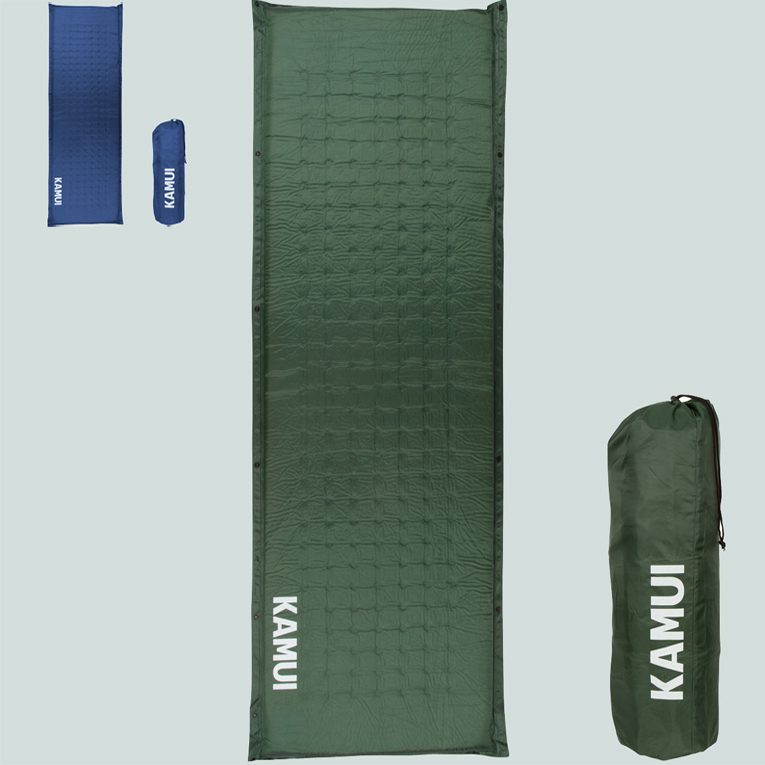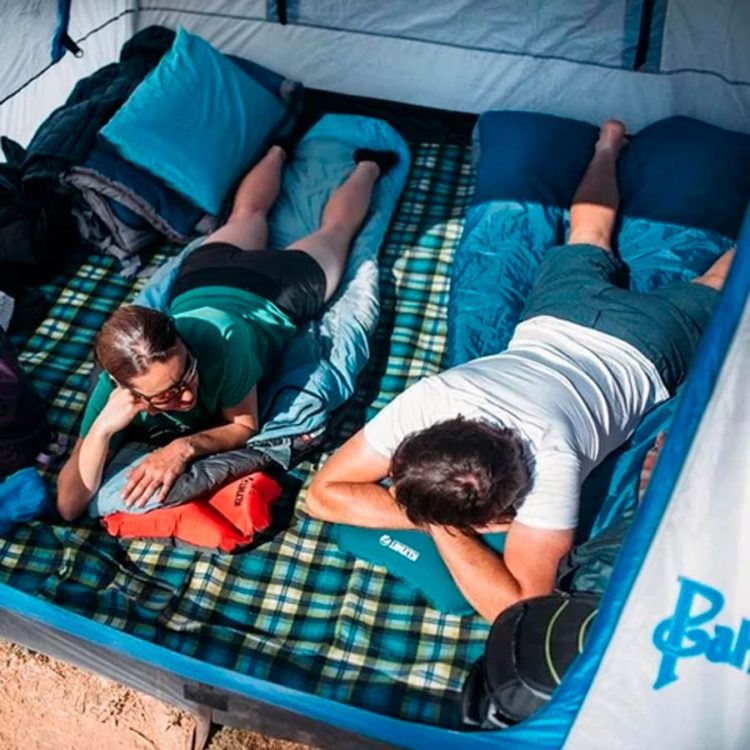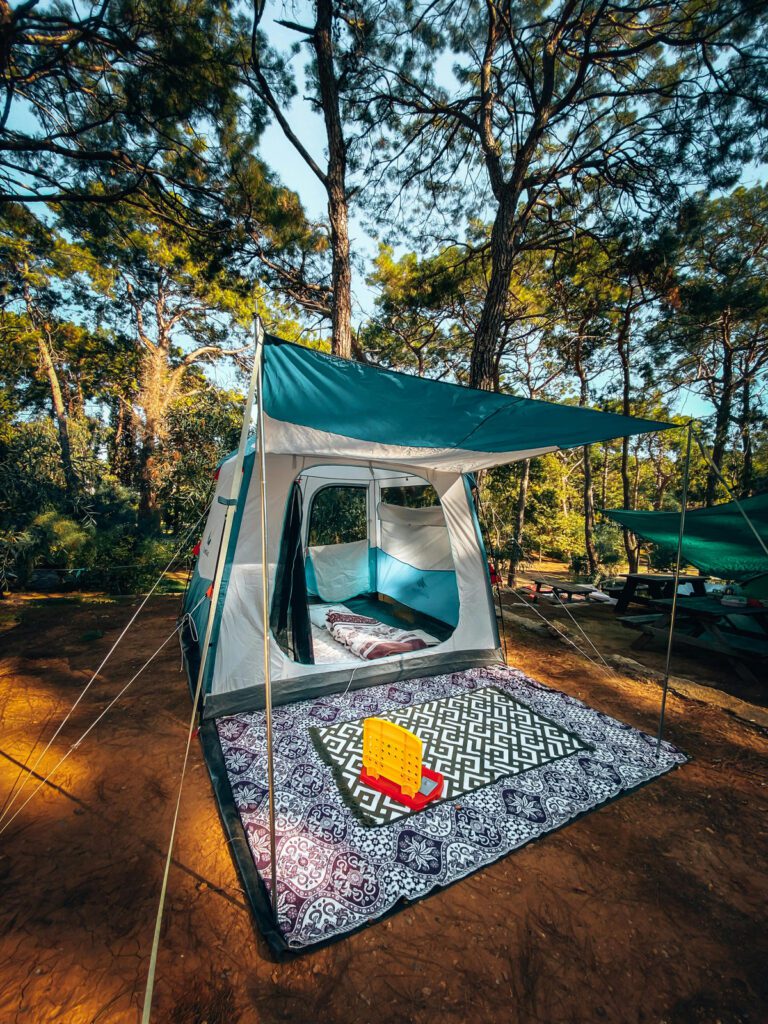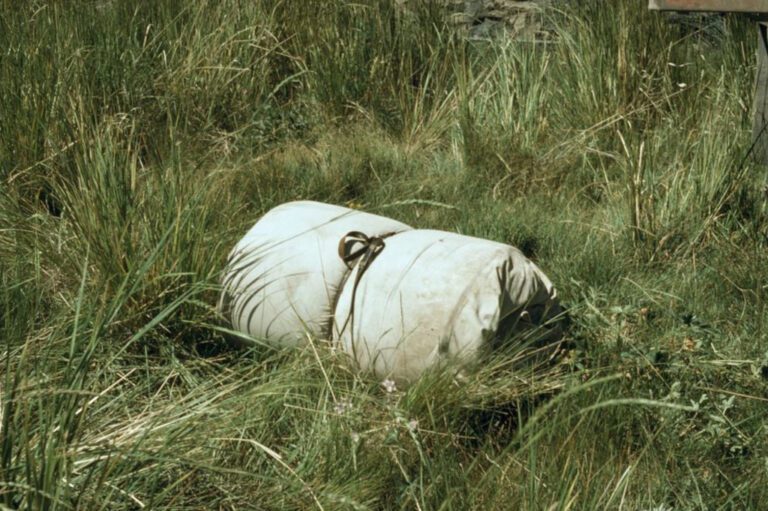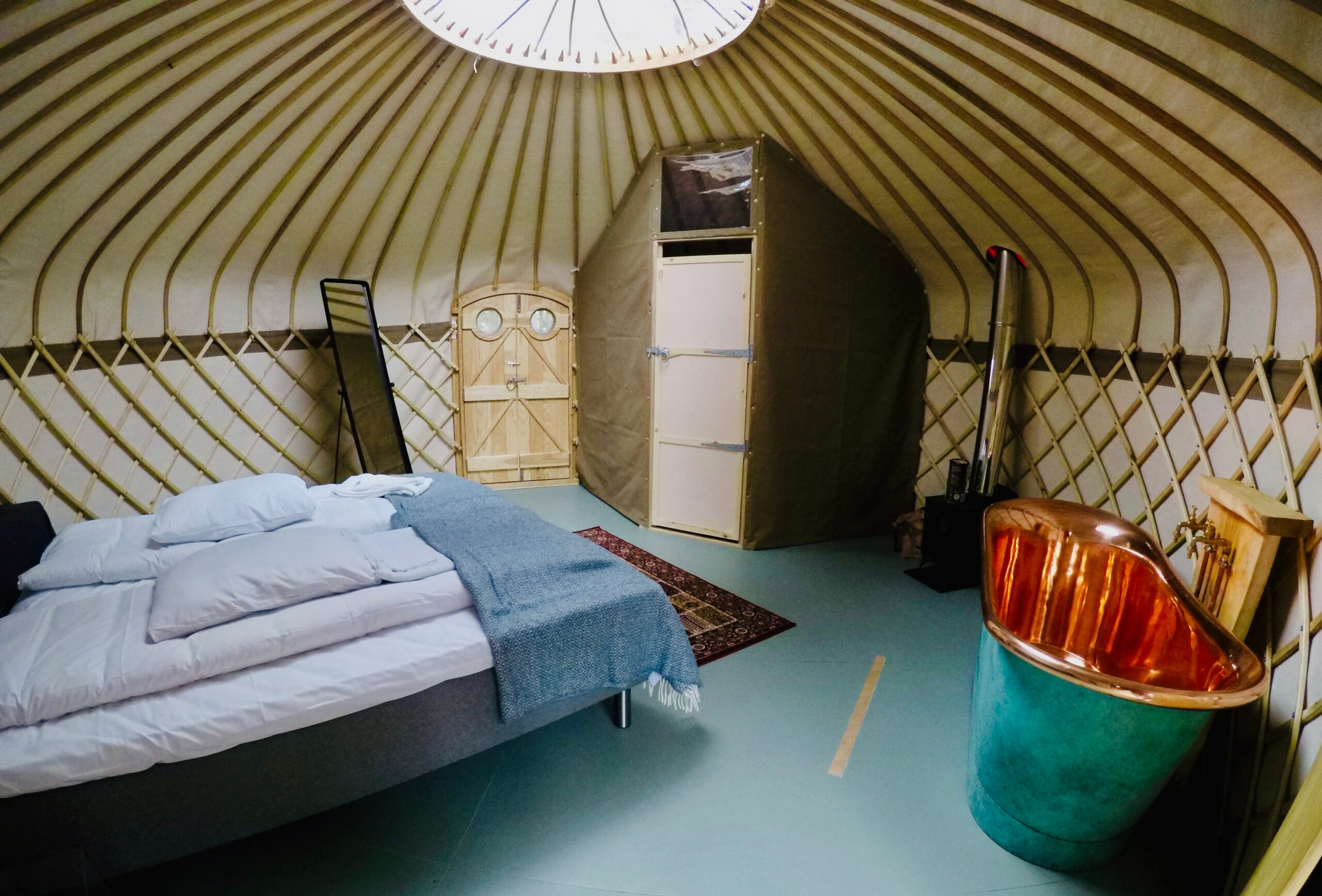Phone
+1-650-666-095
Contact E-mail
[email protected]
Address
16192 Coastal Hwy, Lewes, DE 19958-3608
Camping Sleep Systems: The Ultimate Guide
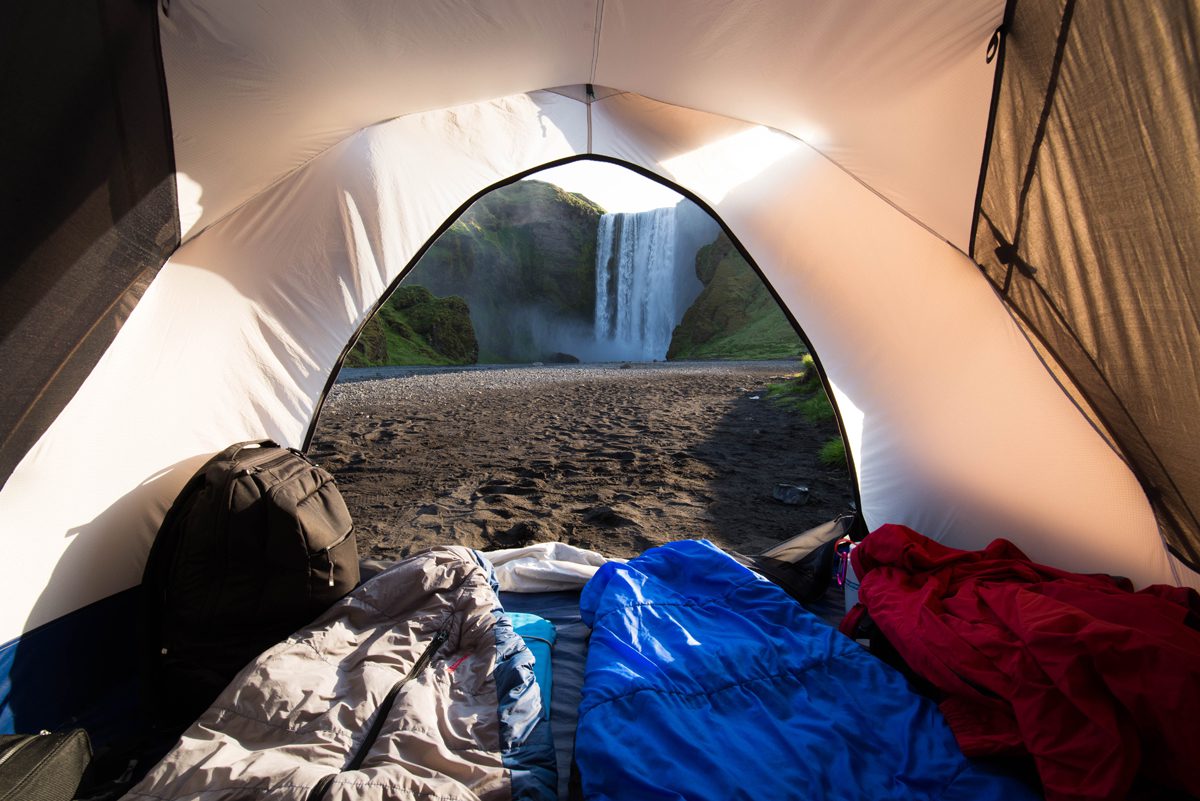

If you want to enjoy your holiday or weekend by unplugging and getting fresh air, camping is the best way. You will enjoy peace and quiet in nature and take a break from your busy schedule. But still, you don’t have to leave the comforts of home while in the great outdoors. In other words, you don’t have to sacrifice comfort while you’re camping. This is why camping sleep systems are there to help. We will tell you how you can choose the right setup for you.
Introduction to Camping Sleep Systems
What even is a camping sleep system? A camping sleep system includes everything you use to achieve a good night’s sleep outdoors. These can be broken down into three categories: sleeping bags, sleeping pads, and shelter. However, this list is not exclusive, as you can also use pillows, tarps, and other gear to help you achieve a better night’s sleep.
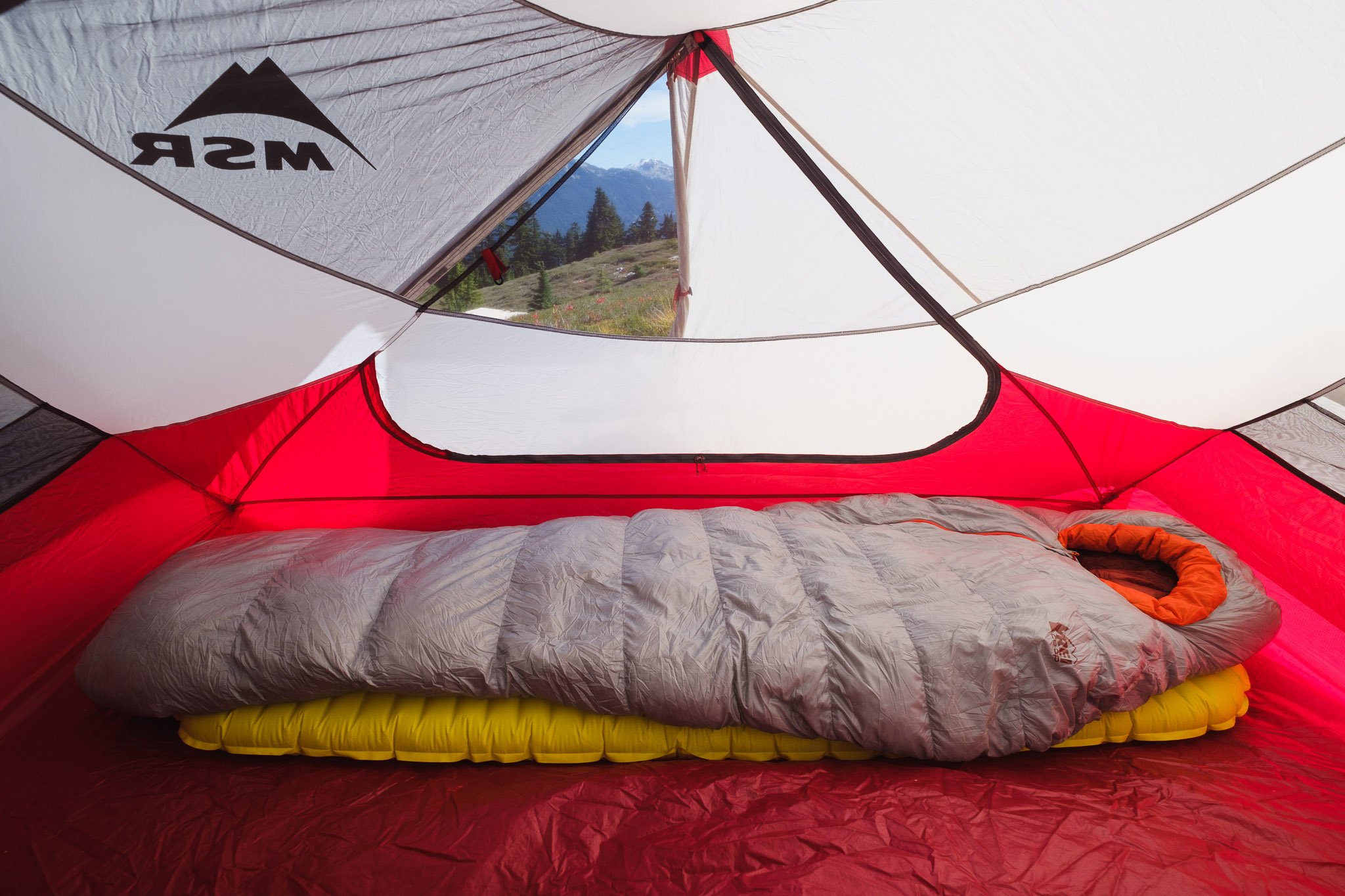

We believe a comfortable night’s sleep while camping can make a difference in your outdoor experience. This is why we believe camping sleep systems are truly crucial, as they can make or break your night outdoors.
In fact, many people believe that the worst part about camping is sleeping on the cold ground. Many people don’t know how to achieve a good night’s rest while in the outdoors. This is often because they lack sufficient knowledge to create their foolproof camping sleep system, which includes their tent or shelter, sleeping pad, sleeping bag, pillow, and any other gear they might need for camping.
1. Camping Sleep Systems: Shelter Options
While shelter isn’t traditionally considered part of the camping sleep system, we do think it’s important to discuss shelter options as part of the sleep system we use while camping. Although tents are often designed for two people, single-person tents, hammocks, tarps, and bivy sacks have recently become much more popular. These items are an outer shell for sleeping outside, making them an essential part of our sleep system.
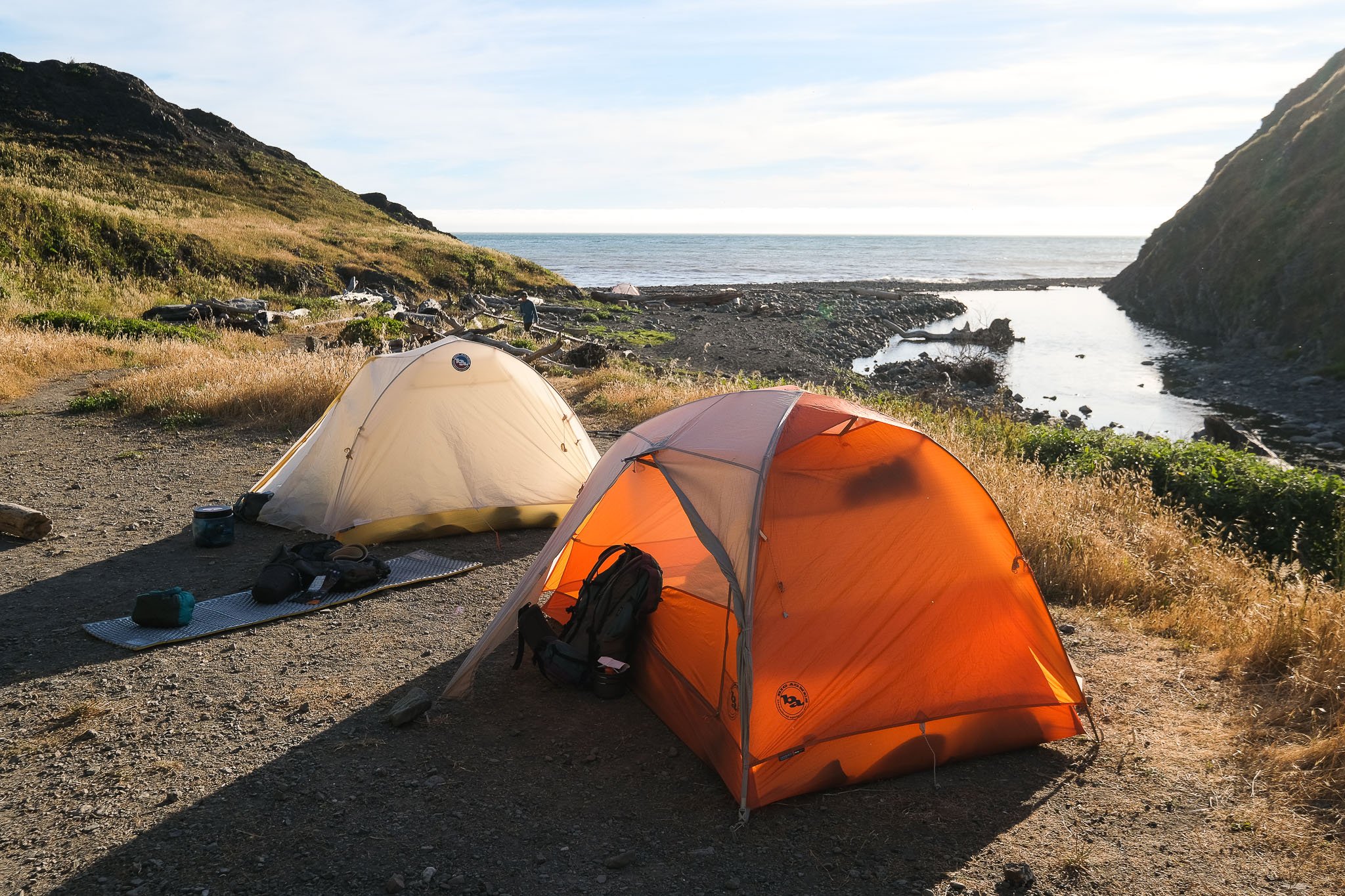

Tents
A tent is the primary layer of protection between you and the outdoors while camping. This is why we include shelter in the camping sleep system breakdown. Tents shield you from the elements and provide a controlled environment where you can sleep. Today, you can find any type of tent, from lightweight, sturdy models to larger, villa-like tents designed for two people or more. Single-person tents are ideal for backpacking, while multi-person tents work well for family camping. Choosing the right tent for your outdoor experience is crucial; for instance, you can’t realistically bring a heavy multi-person tent on a backpacking trip. This is why your tent choice can significantly impact your camping experience.
Hammocks
Another great option for solo camping is a hammock. A hammock holds you and your sleep system above the ground, keeping you warm throughout the night and making it a perfect addition to any camping sleep system for a single person. Today, you can find hammocks that fit two people and those with integrated sleeves for sleeping pads, sleeping bags, or quilts, making them an integral part of the camping sleep system.


Tarps
Tarps can be used as makeshift shelters, providing a warm and dry space for your sleeping bag, sleeping pad, and other gear. A tarp can also serve as a tent footprint or as a cover above your hammock to keep away rain. This is why we believe no camping sleep system is complete without a tarp.


Bivy Sacks
Generally used in emergencies, bivy sacks are essential for every hiker and outdoor enthusiast. They provide shelter in less-than-ideal situations, offering a dry place to sleep and keeping rain away. They can act as a makeshift small tent or even as a tarp while also preventing ground moisture from seeping in. Since bivy sacks are crucial in any first-aid kit, they should also be part of the camping sleep system.
2. Camping Sleep Systems: Sleeping Pads and Mattresses
We have finally come to the essential part of the camping sleep system: the sleeping pad. Most backpackers, hikers, and outdoor enthusiasts will tell you that having the right sleeping pad is crucial. It can make or break your outdoor experience. Let’s see which pads are out there.
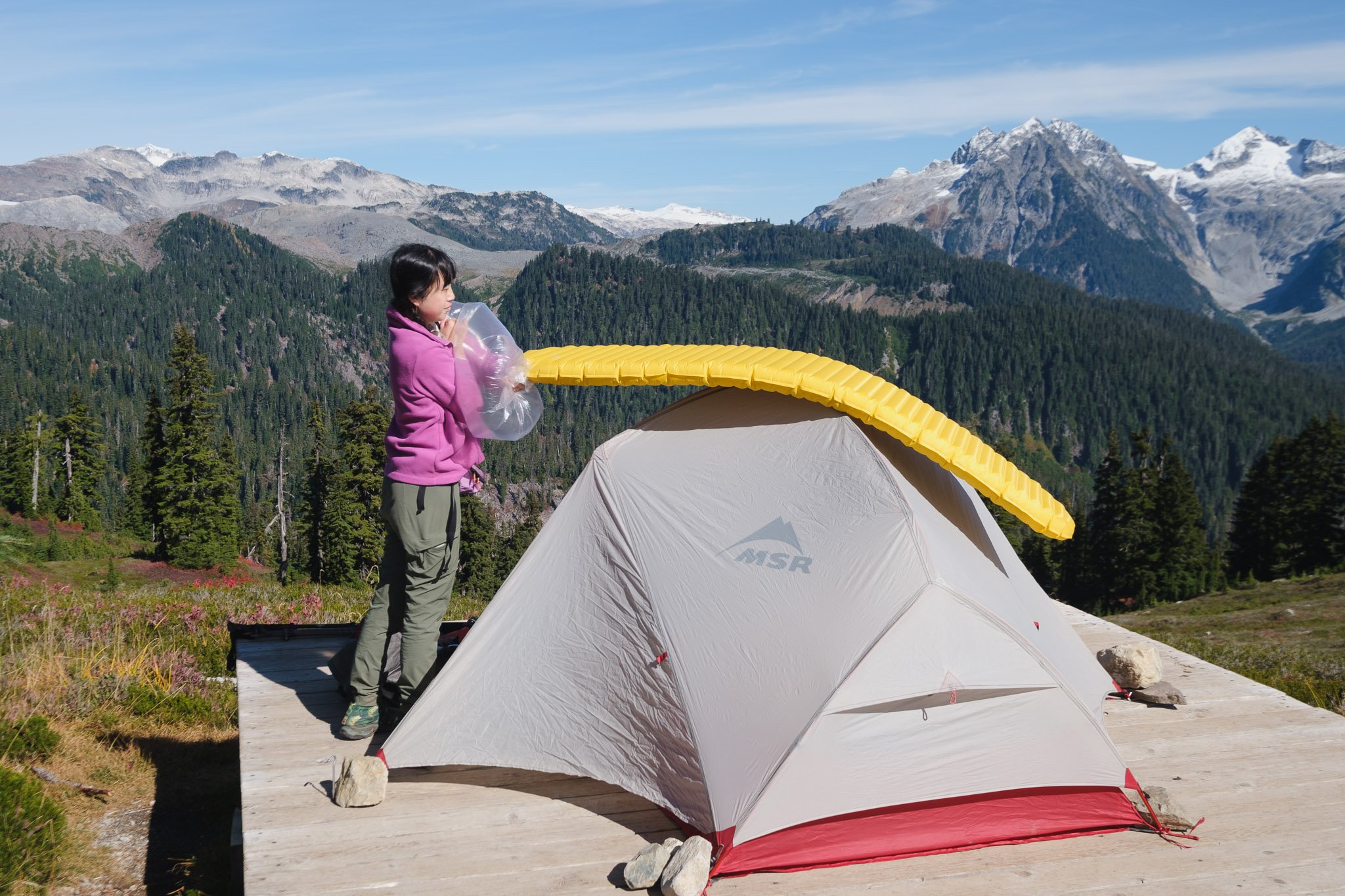

Closed-cell foam pads
It goes without saying that camping sleeping pads are comfortable. The only ones that minimize comfort but maximize durability are closed-cell foam mats. Most people think they are almost never used; in fact, they are still very popular as a pad used below your inflatable sleeping bed. They are lightweight and provide quality insulation from the cold ground, making them easy to carry and requiring zero inflation.
Inflatable pads
If you want to prioritize comfort and packability, inflatable pads, also known as air pads, can do the trick. These pads offer a certain amount of insulation but definitely provide much better cushioning than any other type of sleeping pad. This is why if you want to prioritize your sleep and make it as comfortable as the one you have at home, consider an air pad for a good night’s rest.
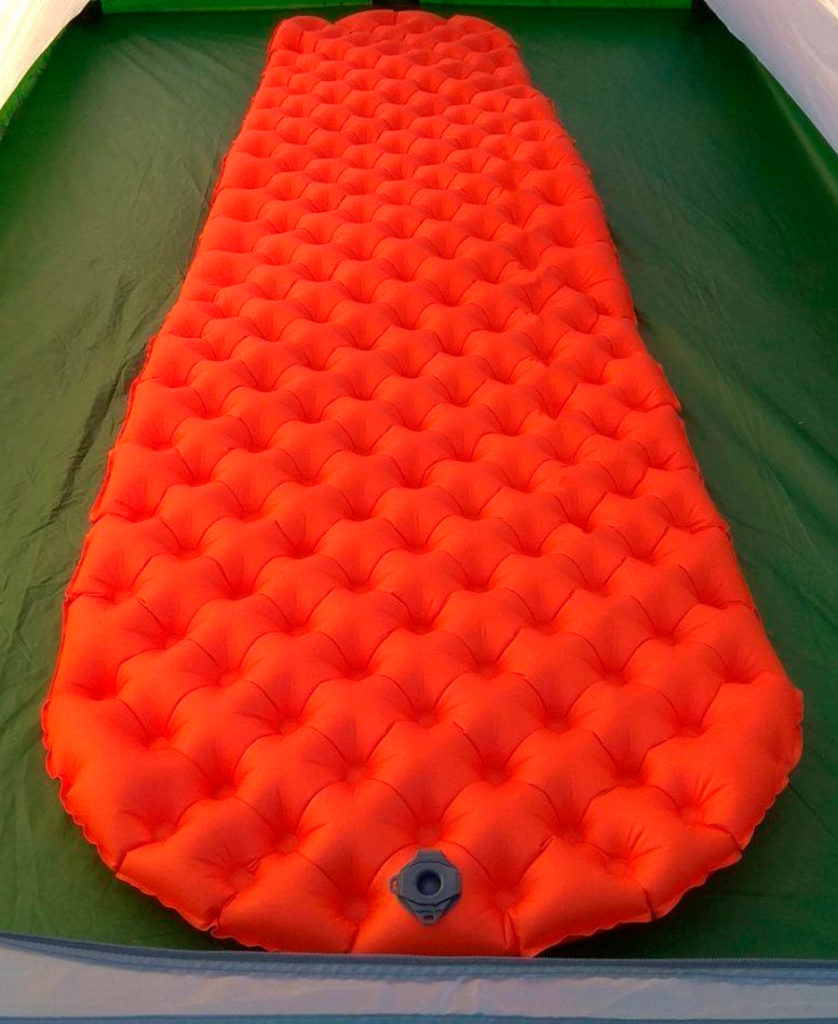

Self-inflating pads
Self-inflating sleeping pads are made of open-cell foam, which inflates itself, making them easy to use while offering cushioning and insulation from the ground. As many hikers and campers like to say, they combine the best of both worlds. When unrolled, the foam core inside expands, allowing air to enter, making the pad self-inflating. This feature makes them extra convenient to use.
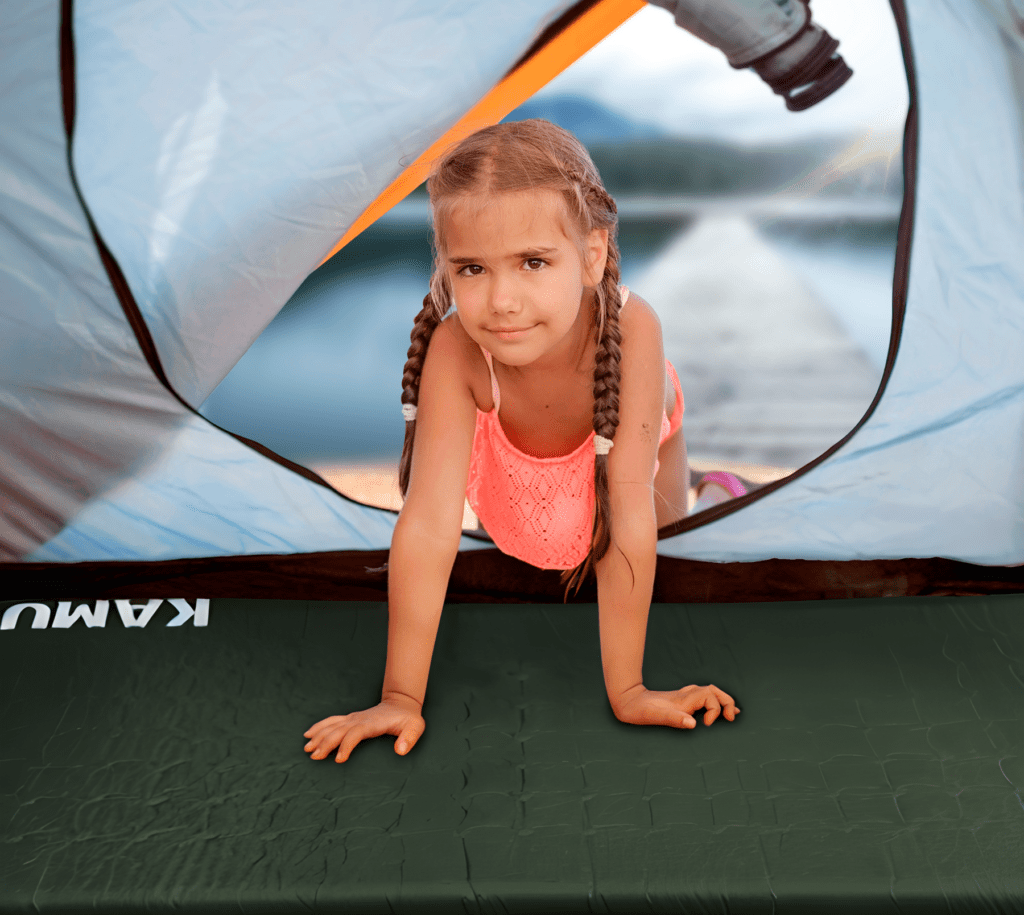

Sleeping Mattresses
The most comfortable but also the sturdiest and heaviest options are the camp or sleeping mattresses. These are very heavy and bulky, making them hard to transport for your camping trips. However, they are a good option if you plan on camping near or inside your vehicle.
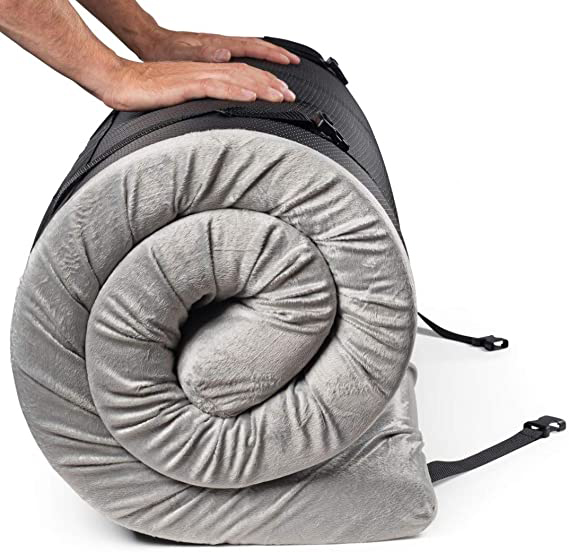

3. Camping Sleep Systems: Sleeping Bags and Quilts
Another key element of your camping sleep system is your bedding. You can’t rely solely on your sleeping pad; you will need something to insulate your body from the cold air around you. While a sleeping bag is not the only option, it is a crucial part of your sleep system.
Sleeping Bags
What is a good night’s rest without proper bedding? This is why sleeping bags are crucial elements of warmth and comfort. They come in numerous types, such as:
- Shape: which can be rectangular, barrel, mummy, or double bag
- Season Rating: like summer, winter, and three-season
- Storage Options: they can come with a stuff sack, compression sack, or even a dry bag
- Sizes: they also come in different sizes, ranging from kids to adult and even XL sizes
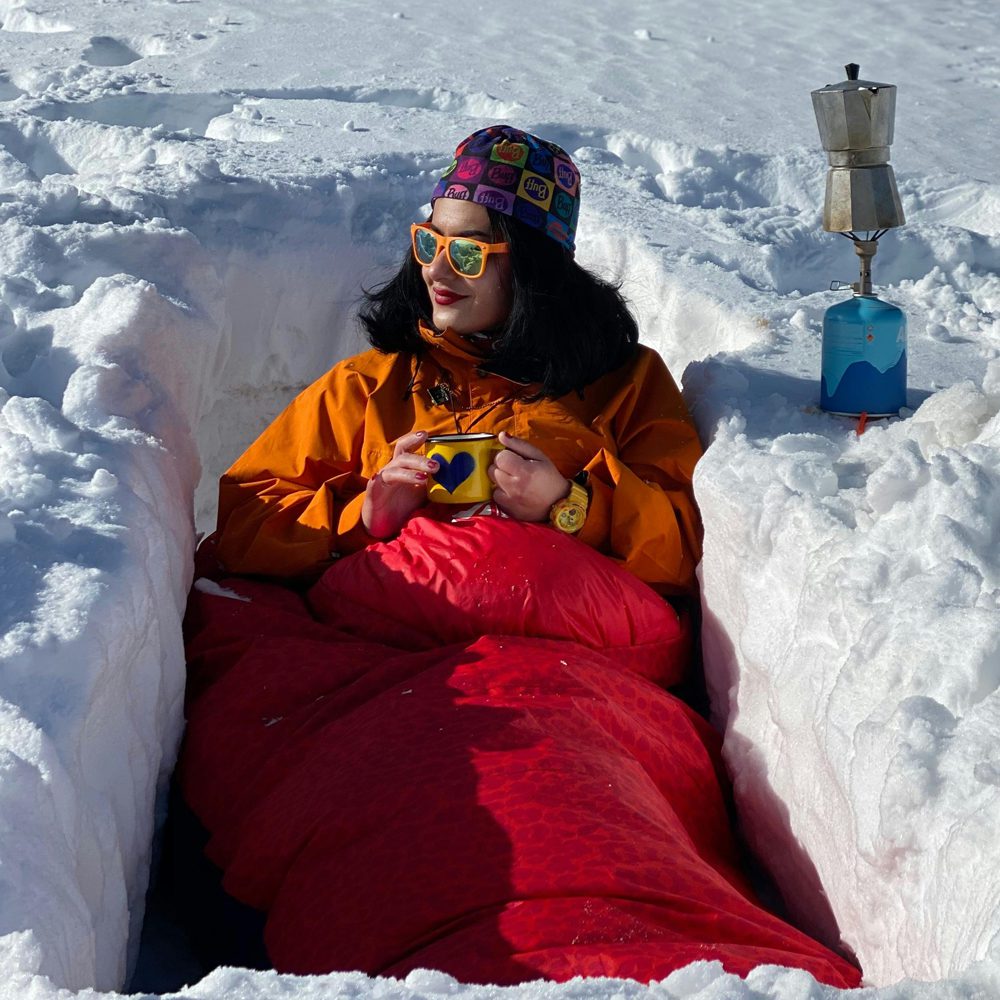

Temperature ratings are the first thing to consider if you want a camping sleep system. Based on their types of insulation, sleeping bags can be divided into:
- Down Sleeping Bags: made out of goose down, they are very lightweight and extra insulating, offering a much higher temperature rating. However, they are very hard to dry and can’t be maintained the same way as synthetics.
- Synthetic Sleeping Bags: these are much easier to use and wash but offer less insulation. They are also bulkier, taking up more space and weighing more than down sleeping bags.
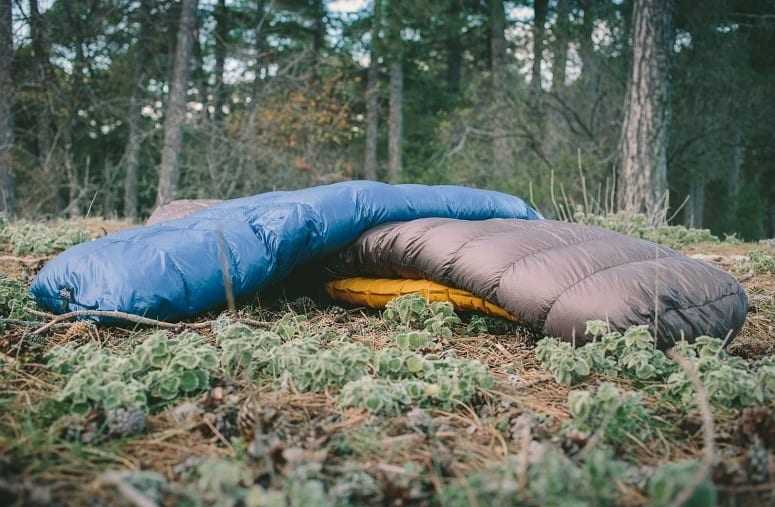

Camping Quilts
Quilts, just like sleeping bags, come in all sizes and materials. If you prefer a sleep setup outdoors that’s similar to home, quilts come close. Many hikers recommend them for a comfortable sleep, as they work more like blankets and allow you to move around all night.
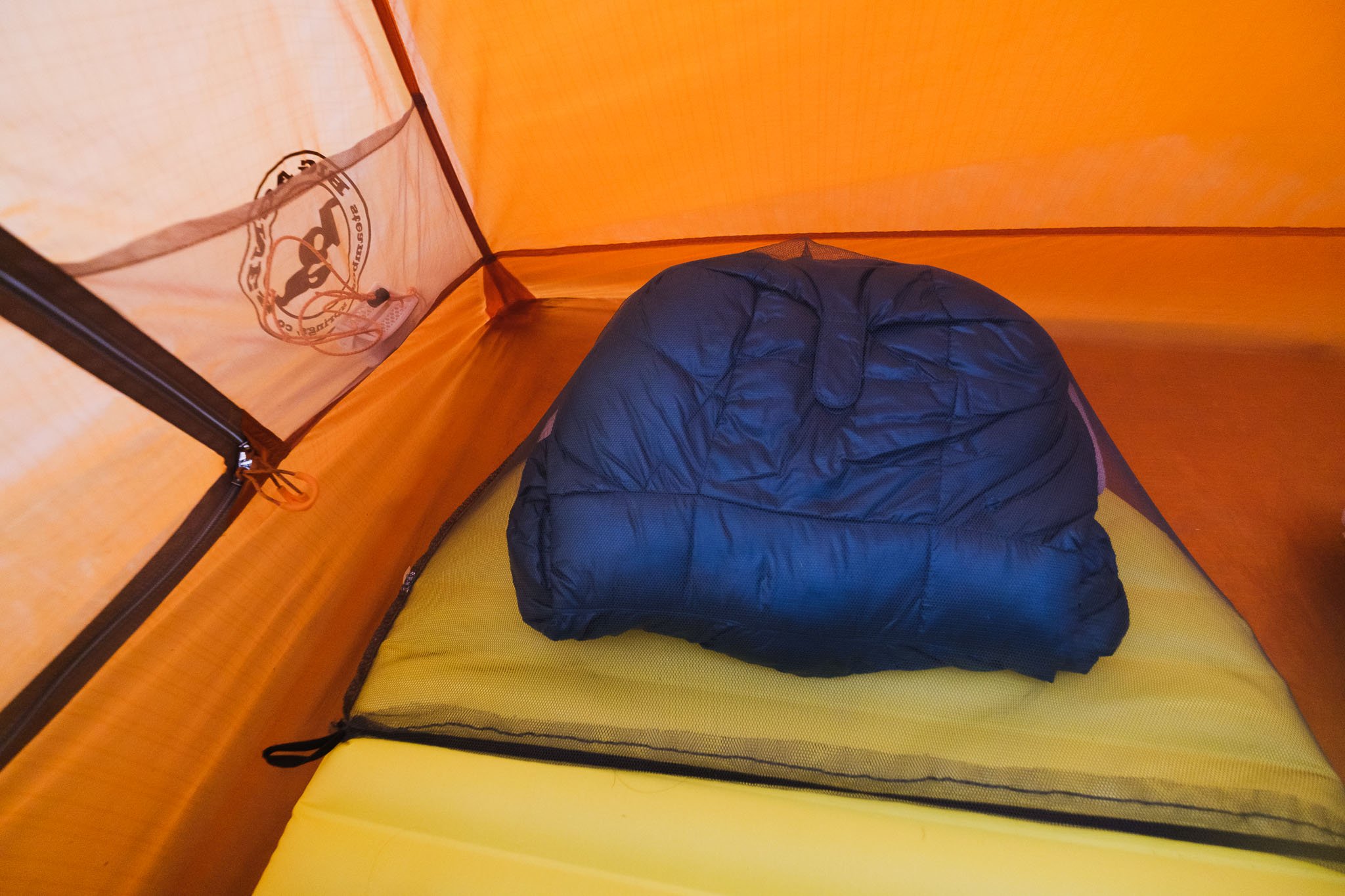

Sleeping Bag Liners
A great option is lightweight liners that can be placed inside your sleeping bag. They not only offer an added layer of hygiene between you and your bag but also provide some extra warmth. You can use a sleeping bag liner on its own in warmer conditions.
Blankets and Overbags
Another great option for those who don’t want to break the bank while shopping for their camping sleep system is blankets and over bags, which will provide extra warmth when used in combination with a sleeping bag or quilt. Blankets can be used in almost any situation, while over bags can be used over your sleeping bag.
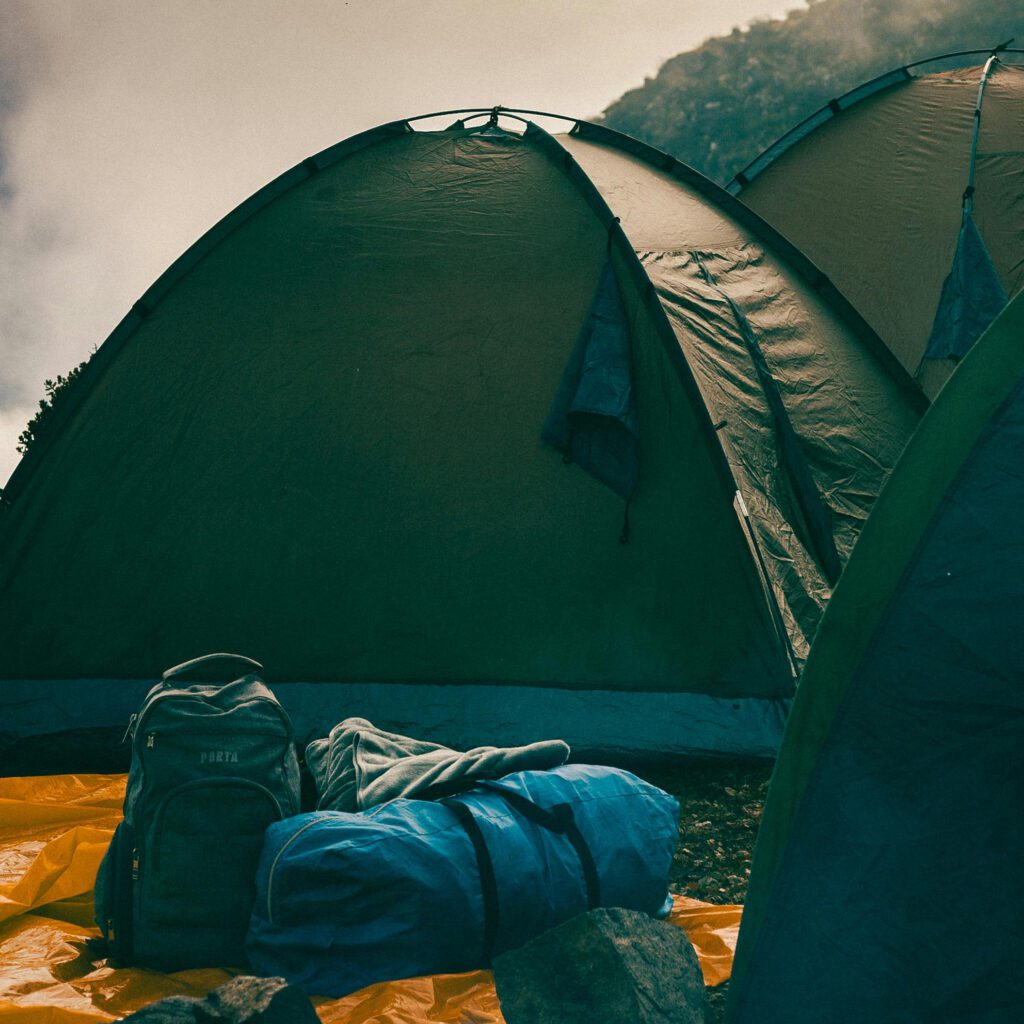

4. Camping Sleep Systems: Pillows
Another crucial element in every camping sleep system is your pillow. It should be of similar height to the pillow you use at home. Without a pillow, you might not feel as refreshed in the morning, and you even risk waking up with a sore neck. With that being said, there are many types of pillows that you can use, including inflatable pillows, compression pillows, and the most commonly used option: stuff sacks. Many hikers use their compression or stuff sacks from their sleeping bags and fill them with clothes, placing them under their heads.
Make Your Own Camping Sleep System And Use The KAMUI Self-Inflating Sleeping Pad
The KAMUI Self-Inflating Sleeping Pad is the perfect addition to your camping sleep system. This versatile pad connects easily with multiple sleeping pads, allowing you to customize your setup. Designed for year-round use, it provides excellent back support to ensure a comfortable night’s sleep. Plus, it comes with a convenient storage bag for easy transport and storage.
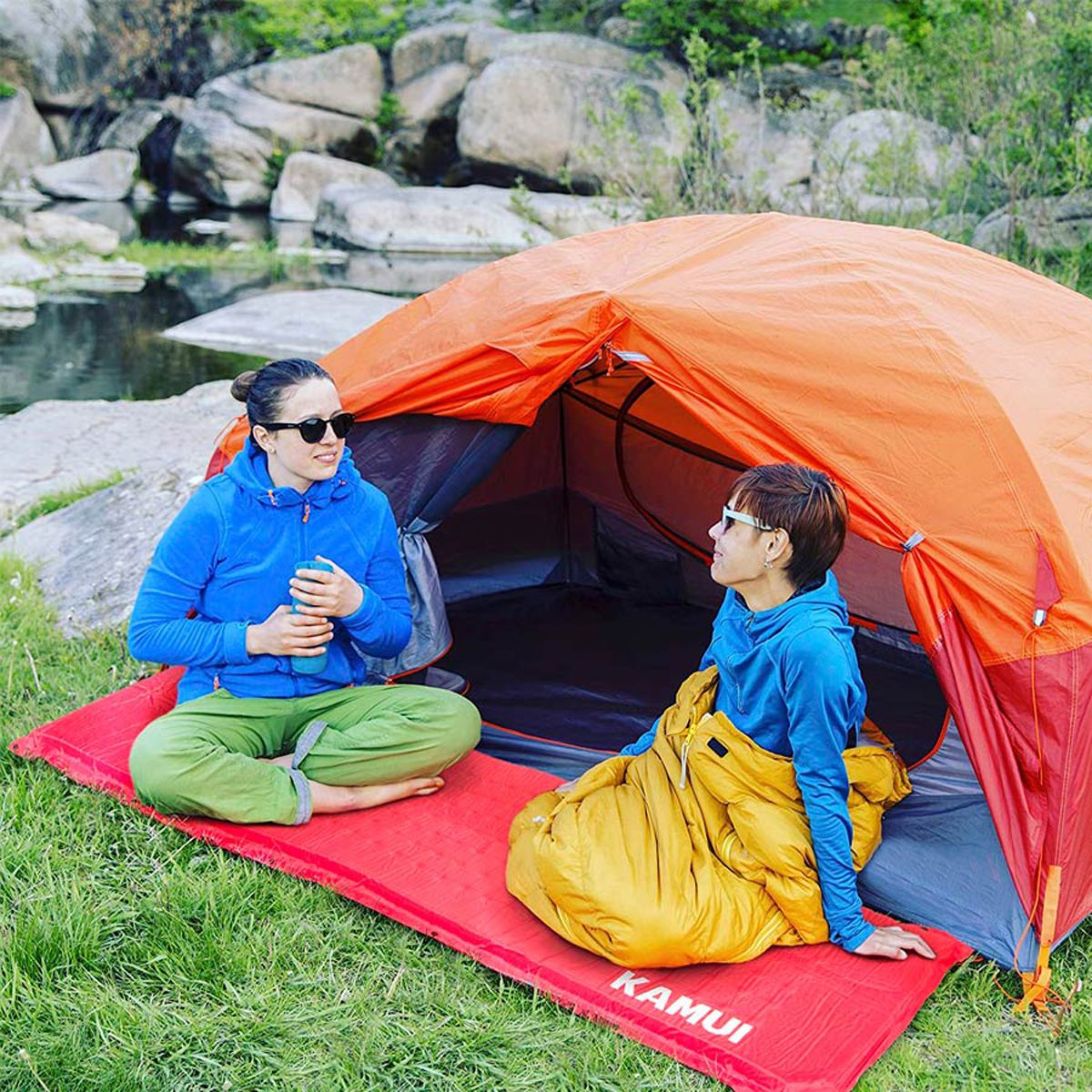

Conclusion
In the end, we hope that you have found your perfect camping sleep system and that you understand how camping sleep systems work. Make sure you have your sleeping bag, sleeping pad, pillow, and shelter with you before your next camping trip.
KAMUI Self-Inflating Sleeping Pad
- Connectable with multiple sleeping pads
- 4-season sleeping pad
- Provides great back support
- Comes with a storage bag
